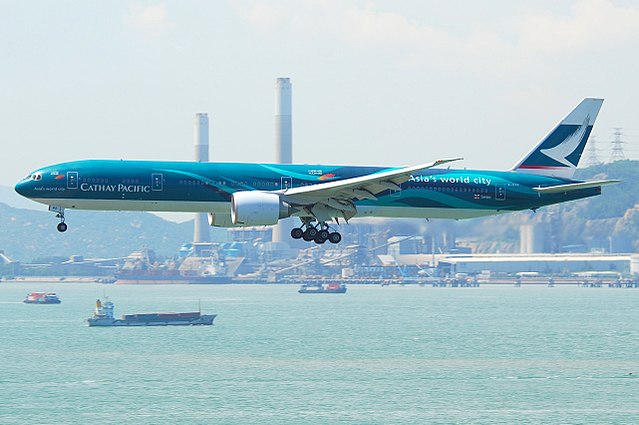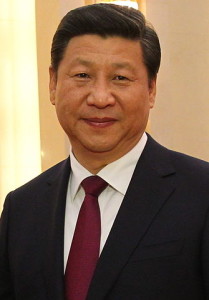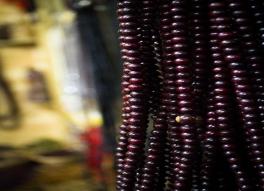The Hong Kong-based airline, Cathay Pacific, has designated Dubai as its official hub for all passenger and cargo air traffic throughout the Middle East. The airline said that the decision was part of its overall “renewed focus” strategy.
Beginning on September 1 Jonathan Ng will be the country manager for Cathay Pacific in the Middle East. Previously Ng was the company’s country manager for Bahrain and Saudi Arabia. Regional sales head and marketing manager for the Middle East will be filled by Nikhil Kilpady, transferring from the UAE and Oman.
The airlines routes include two flights per day from Dubai to Hong Kong, and once a day service from Bahrain to Hong Kong. There is also a daily flight from Dubai and Bahrain and back. Cathay Pacific no longer services Riyadh since last March. The airline also used to have service to Doha, Jeddah and Abu Dhabi.
The airline announced it had its first annual revenue loss since the global economic crisis of 2008. It said increased competition from mainland Chinese carriers is hurting their bottom line. The company has about 33,700 employees across the world, as of March. The company recently had to remove 600 jobs from its roster in response to the difficult economic times.



 In my
In my